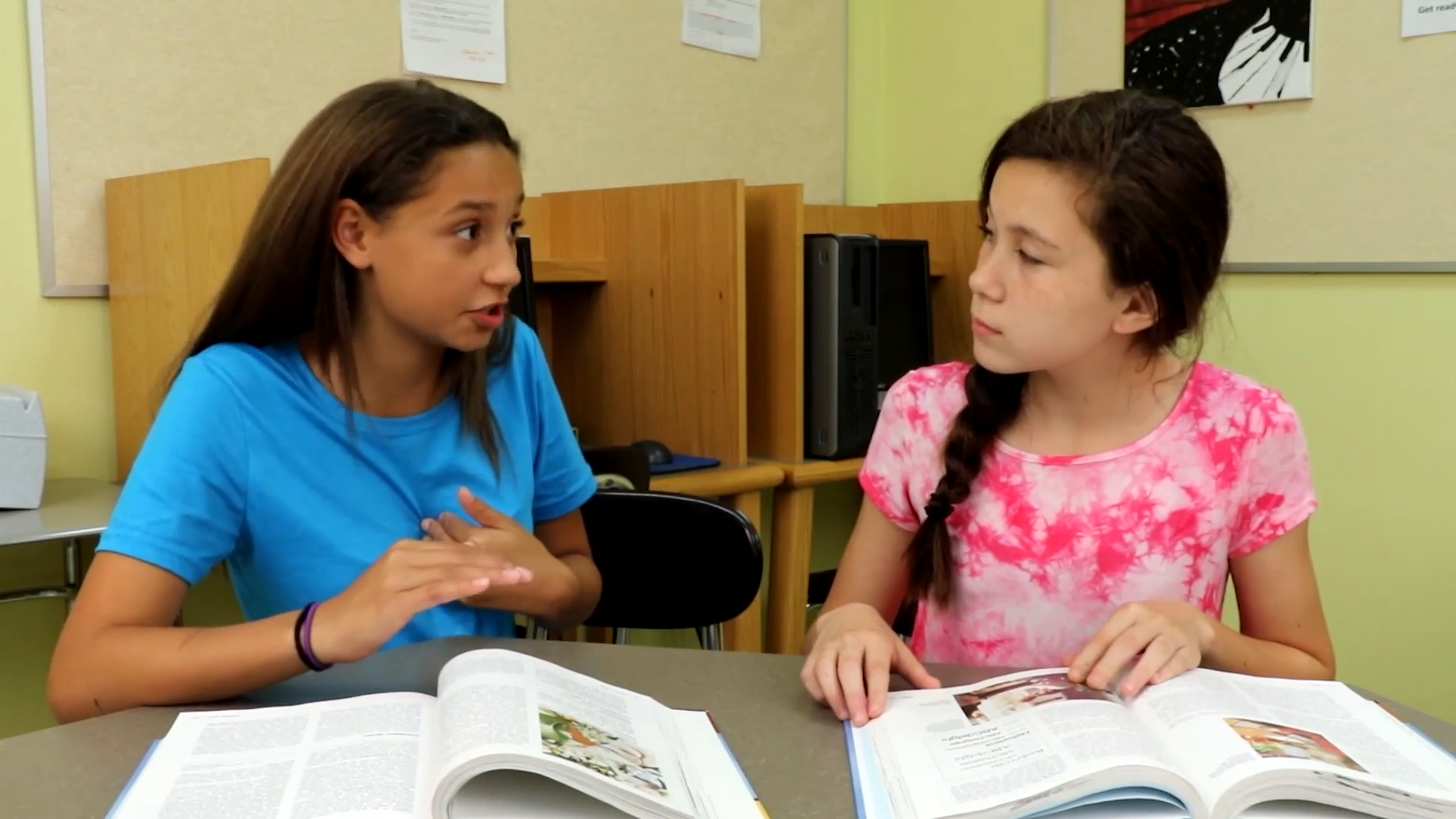
As educators, we strive to teach our students not only academic skills but also important social-emotional skills. One such skill is the ability to think before speaking, especially when it comes to potentially hurtful thoughts. By teaching kindergarten students to consider the feelings of others before expressing their thoughts, we can help them develop empathy and build positive relationships with their peers. In this blog post, we will explore a no-prep activity, discussion questions, and related skills to help you teach your students the importance of thinking before speaking.
Introduction
In the context of social-emotional learning, thinking before speaking is a crucial skill for students to develop. This skill helps them understand how their words might affect others and encourages them to express themselves in a more thoughtful and considerate manner. When students learn to keep hurtful thoughts inside and only think them, they are less likely to hurt others’ feelings and more likely to foster positive relationships with their peers.
No-Prep Activity
This activity, called “Think It or Say It,” requires no preparation or materials from the educator. To begin, have your students sit in a circle. Explain that each student will have a turn to share something they are excited about or enjoy. Before the next student shares their excitement, remind them to think about whether their response might hurt the feelings of the person who just shared. If they believe their response could be hurtful, they should keep it inside and only think it.
As the activity progresses, encourage students to share positive or neutral responses that show support for their peers, even if they don’t share the same interests. This practice will help students learn to think before they speak and develop empathy for others’ feelings.
Discussion Questions
- How did it feel when you thought about whether your response might hurt someone’s feelings before you spoke?
- Can you think of a time when someone else said something that hurt your feelings? How did it make you feel, and how do you think the situation could have been different if they had thought before speaking?
- Why is it important to think about the feelings of others before expressing our thoughts?
- How can thinking before speaking help us build better relationships with our classmates and friends?
- What are some strategies we can use to remind ourselves to think before we speak?
Related Skills
Teaching students to think before they speak is closely related to other social-emotional skills. Here are a few additional skills that can help students develop empathy and foster positive relationships with their peers:
- Active listening: Encourage students to listen carefully to what others are saying and show genuine interest in their words. This practice helps students better understand the feelings and perspectives of their peers.
- Empathy: Teach students to put themselves in others’ shoes and consider how they would feel in a similar situation. This skill helps students develop compassion and understanding for the feelings of others.
- Conflict resolution: Guide students in resolving conflicts in a respectful and constructive manner, encouraging them to consider the feelings of all parties involved.
Next Steps
Now that you have learned about the importance of thinking before speaking and how it can benefit your kindergarten students, we encourage you to explore more resources that can help you teach this and other valuable social-emotional skills. To access free sample materials, including activities, videos, and lesson plans, visit Everyday Speech and sign up today. By incorporating these resources into your classroom, you can provide your students with the skills they need to build strong relationships and navigate social situations with empathy and understanding.

